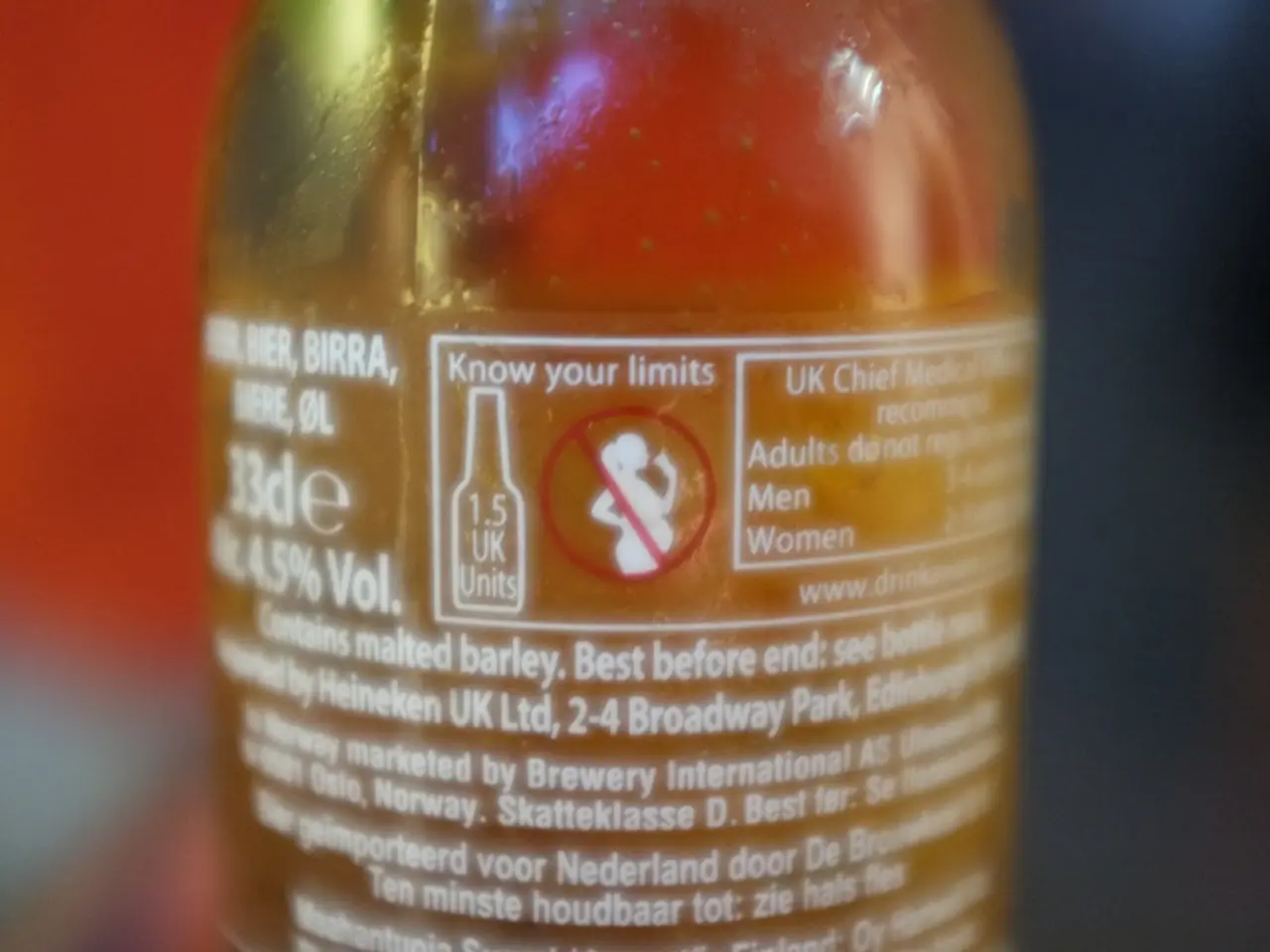Intense British Heatwave Sparks Alert Regarding Vitamins and Dietary Supplements Enhancing Sun Sensitivity
Article Title: Protecting Your Skin During Heatwaves: A Guide to Sun-Safe Supplements
In the heart of summer, as the temperatures soar and the days stretch long, it's essential to be mindful of our skin health. Certain supplements and substances can increase our sensitivity to UV light, potentially leading to sunburn, redness, itching, and rashes. Here's a guide to help you navigate sun-safe supplements during heatwaves.
Firstly, it's important to exercise caution with St John's Wort, a supplement known to heighten skin sensitivity to UV rays. If you find yourself in intense sunlight, it's best to avoid St John's Wort or use it with great caution. Another supplement to watch out for is high-dose Vitamin B6, as consuming more than 100 mg daily may potentially increase UV sensitivity.
Beyond supplements, some medications can also pose risks. Antibiotics like doxycycline and tetracycline, as well as nonsteroidal anti-inflammatory drugs (NSAIDs) such as ibuprofen and naproxen, can cause adverse skin reactions when exposed to sunlight. These reactions can generate damaging molecules that increase the risk of skin burning during heatwaves.
To help you make informed decisions, we've compiled a summary of substances to avoid or use cautiously during heatwaves due to increased UV sensitivity and skin reactions:
| Substance | Concern | |-------------------------|-------------------------------------------------| | St John’s Wort | Increases skin sensitivity to UV light, rash | | High-dose Vitamin B6 | Potentially increases UV sensitivity | | Antibiotics (doxycycline, tetracycline) | Photosensitivity, skin damage in sunlight | | NSAIDs (ibuprofen, naproxen) | Can trigger skin reactions with UV exposure |
Remember, no strong evidence suggests other specific supplements need avoidance beyond these. However, it's crucial to monitor individual reactions and consult healthcare providers about any potential interactions or sensitivities during intense sun exposure.
A holistic approach, combining herbal options with lifestyle approaches like regular exercise, good sleep hygiene, and stress management, offers a safer strategy during the summer months. Herbal alternatives to St John's Wort, such as valerian and Californian poppy, traditionally used to promote relaxation and improve sleep without known photosensitizing effects, can be considered.
The NHS encourages balanced lifestyles to support overall health during seasonal changes. Consulting a qualified Nutritionist when taking supplements is a wise way to ensure safe and effective supplementation.
Lastly, combining caution with protective measures such as using sunscreen, wearing UV-protective clothing, hats, and sunglasses can help reduce UV exposure during heatwaves. Choosing supplements wisely is critical during heatwaves to protect your health while enjoying the summer sun.
A safe, relaxation-promoting option like Artah Sleep Tonic, which combines valerian and Californian poppy, could be a good choice for those seeking an alternative to St John's Wort.
Stay safe, stay sun-smart!
- To safeguard your health during heatwaves, it's recommended to consider alternative supplements like valerian and Californian poppy instead of St John's Wort, a supplement known to increase skin sensitivity to UV light.
- Adopting a holistic approach to health-and-wellness can be beneficial during summer months by combining regular fitness-and-exercise, good sleep hygiene, and stress management with supplements.
- A balanced lifestyle, supported by nutritious food and the advice of a qualified Nutritionist, can help manage stress effectively and promote overall health during seasonal changes.




